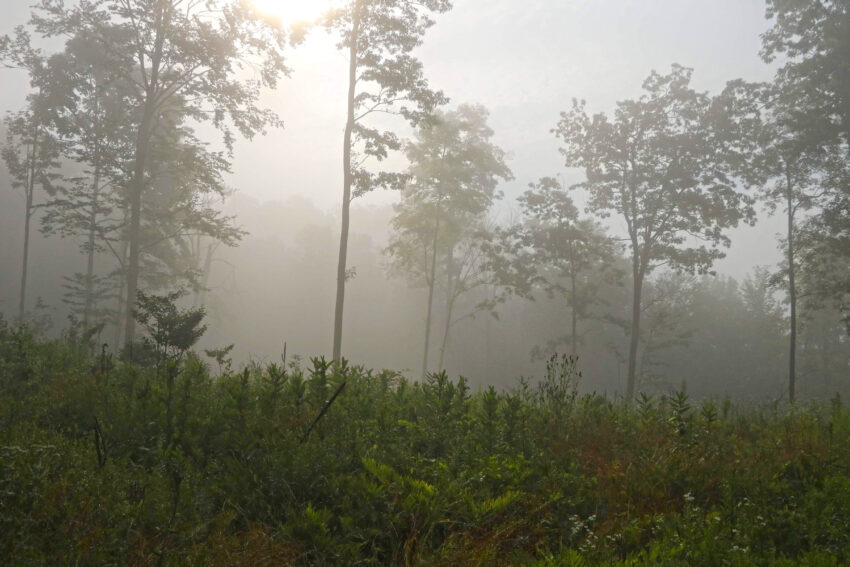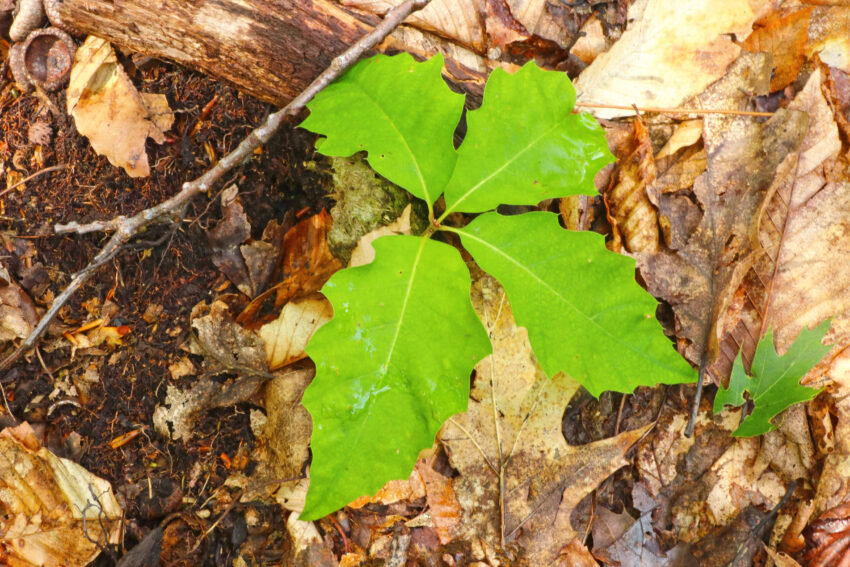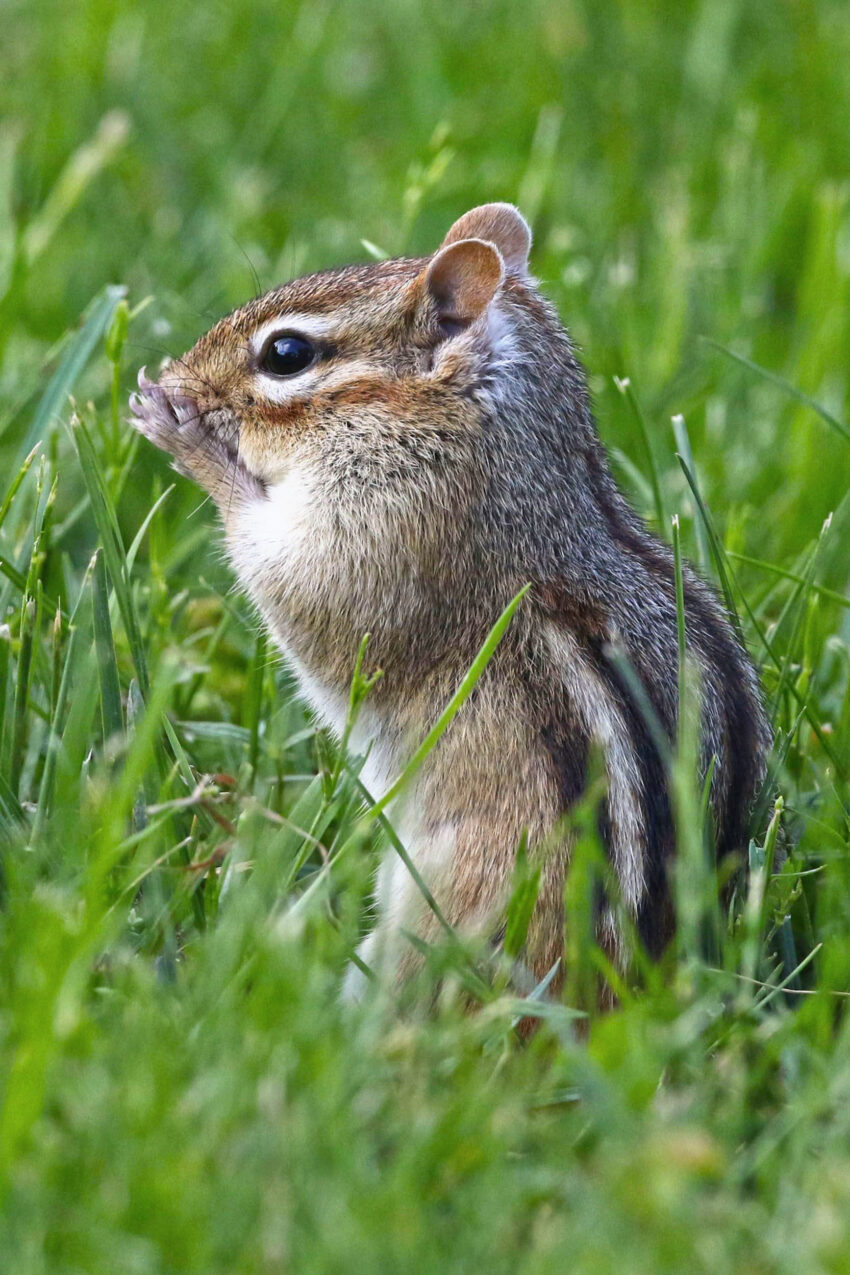The Triad Approach to a Functional Forested Landscape We can put the ways that forests benefit our lives and our quality of life into three general categories: ecological, economic, and cultural. The ecological benefits of forests include how they clean our air and our water, regulate our climate, and do much, much more –…
Author: Ethan Tapper
Managing Forests for Resilience
Landowners often ask me: “is my forest healthy?” While this may seem like a simple question, the more time I spend working with forests, the more difficult it is to answer. While most people picture a healthy forest as one with lots of healthy trees, when we take a more holistic and expansive view of…
Managing Forests for Birds
What does it mean to manage forests for birds? While this may seem like a simple question, it’s actually almost impossible to answer. What we call birds includes everything from ducks and gulls to hawks and herons, from woodpeckers to hummingbirds, from turkeys to turkey vultures. Vermont is home to more than 80 species…
What is a “Generalist?”
At one time or another, I expect that many of us have wondered if it is better to be a specialist or a generalist – to try to be great at one thing or to be passable at many different things. Across deep time, Earth’s millions of species have “asked” this same question, again and…
Red Pine: A Profile
While some people call all evergreen trees “pines,” pines are actually a distinct group of closely-related trees in the Pinus genus. While Vermont is home to four species of native pines, the two most common are Eastern white pine (Pinus strobus), and red pine (Pinus resinosa). Of these two species, white pine is by far…
Celebrating Nuance
On a recent episode of the On Being podcast, journalist Amanda Ripley was quoted as saying: “real life is not a bumper sticker.” I was struck by how true this is for forests and for forest management. As much as we would like to believe that taking care of forests is simple, in truth it…
Cryptic Function Loss
Each of our native species occupies an ecological niche, influencing the ecosystem around it in different ways. The more we learn about forests, the more we discover how critical each species is to their health and function: from towering trees to tiny invertebrates, from the bats that regulate populations of defoliating insects to the rodents…
Animal Personality
Each of Vermont’s tens of thousands of native species fills an ecological niche, influencing its environment and the species around it in different ways. While an important component of managing for healthy, biologically diverse forests includes managing for species diversity (different species of wildlife, trees, and plants), there are also differences in behavior between individuals…
The land ethic
Whether you are a forest manager, landowner or enjoyer of the outdoors, it can be intimidating to know your role in the management of our forests.
Wolf Trees: From the past and for the future
If you’ve ever walked in Vermont’s
woods, chances are that you’ve stumbled upon a “wolf tree.”




